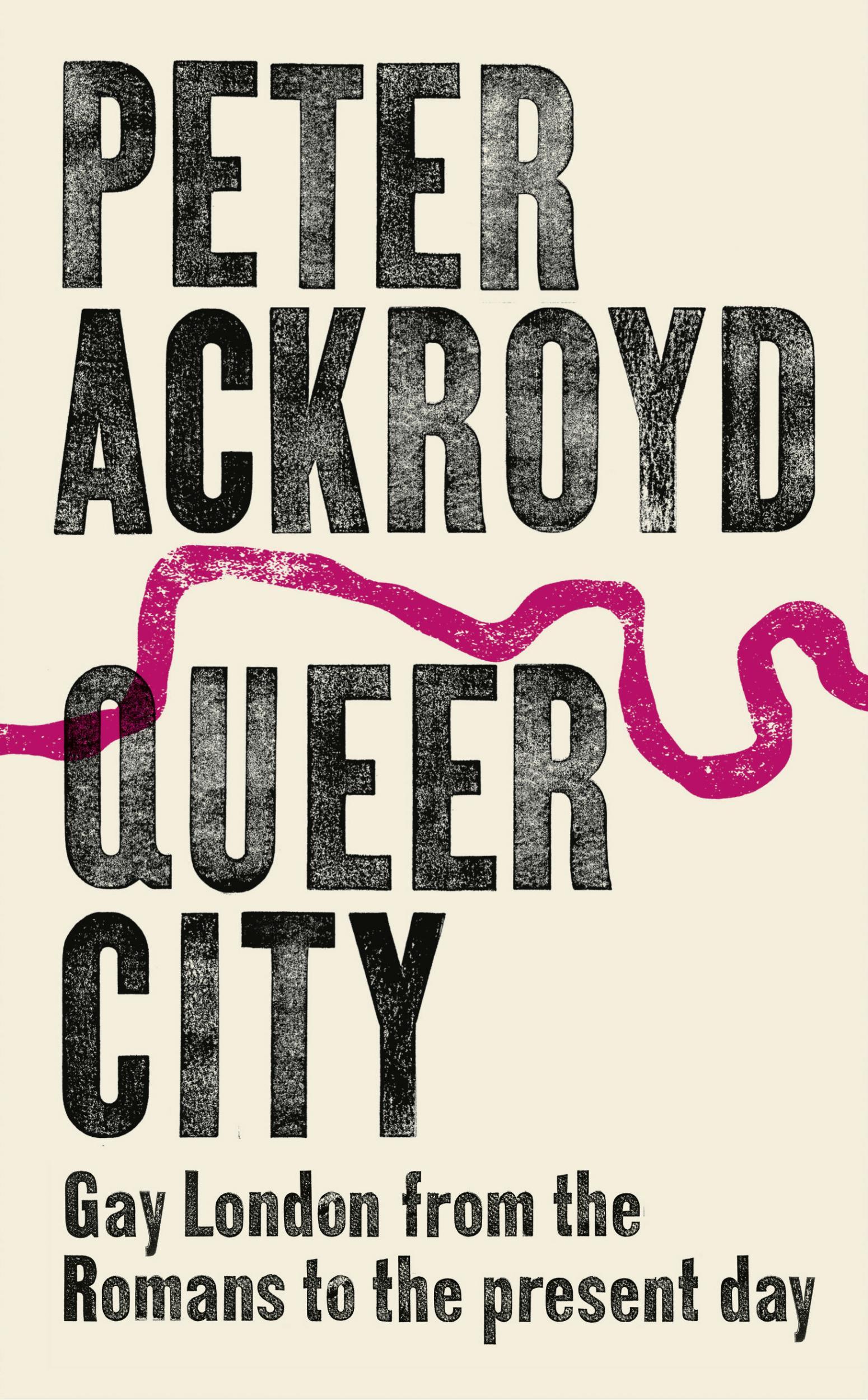Queer City by Peter Ackroyd, book review: An uproarious pocket history of sex in his beloved metropolis
The author chronicles London through the history of its gay population from pre-Roman times to the present day

After his mammoth, shamanic aria London: the Biography, the remarkable writer Peter Ackroyd has produced a nimble, uproarious pocket history of sex in his beloved metropolis.
As its subtitle suggests, Queer City ostensibly offers a chronicle of “gay London from pre-Roman times to the present day”, but this generic approach quickly breaks down in the face of an environment of insatiable appetites, where “the categories do not apply” and sexuality is an alarmingly “fluid, infinitely malleable and indefinite condition”.
The queerness of the title is employed here not as some siloed critical theory concept but as perhaps the only adjective to fully capture the panorama of human behaviour Ackroyd wants to capture. As in London: the Biography, the capital is a kaleidoscopic arena where no practice, however outré, is entirely new or shocking. London has seen it all before, perhaps particularly when it comes to sex, its citizens “just doing what had always been done”.
As with his gargantuan history of London, Ackroyd here revels in origins, particularly of words, and part of the joy of Queer City is the abundance of recherché terms for all types of sexual being and erotic act, and their bizarre derivations. The word “faggot”, he informs us early on, meant a bundle of sticks of wood, on top of which accused sodomites were burned to death. And language, at least from the 11th century onwards, has been used as a form of control, he says, with “sodomy” “a catch-all term that could mean anything or everything”.
It’s a theme he returns to, down through the ages to the creation of “queer slang”, known as polari, in the 20th century, a secret code employed within the gay community. There are toothsome examples of the rich and wondrous language of the jungle of London sexuality on virtually every page, from “the loathsome Ganymede” (the gay man) to the ‘rubster’ (the lesbian).
Equally toothsome are the hundreds of peculiar historical notes, the impish delivery of which will be familiar to readers of London: the Biography: “Warriors who had been overcome in battle could be raped by Roman citizens. The defeated were sometimes penetrated by radishes; that may not sound too painful but in fact the long white icicle radish has always been grown in southern England to a length of just under six inches.”
Ackroyd outlines the tragedies of polysexuality, especially from the 18th century onwards, with increasingly cruel sanctions and the horrors of blackmail, extortion, entrapment and violence, and the terror of Aids into the 20th century. But his prevailing thesis is that “London ... by its very nature subversive“, is a city that can encompass and indulge the full complexity of human behaviour, where power too is ultimately fluid. London has been ‘a great stage’ upon which men and women have seen themselves, offering an almost mystical ‘arena for theatrical self-definition and the proclamation of difference’. Same-sex activity has always been ‘a problem threatening the peace of the city’.
As with the monumental London: the Biography, Ackroyd here offers another utterly unique reading experience, with something to tickle the nose, or shelve for a dinner party, on every page.
‘Queer City: Gay London from the Romans to the Present Day’ by Peter Ackroyd is published by Chatto & Windus on 24 May, £16.99
Subscribe to Independent Premium to bookmark this article
Want to bookmark your favourite articles and stories to read or reference later? Start your Independent Premium subscription today.

Join our commenting forum
Join thought-provoking conversations, follow other Independent readers and see their replies